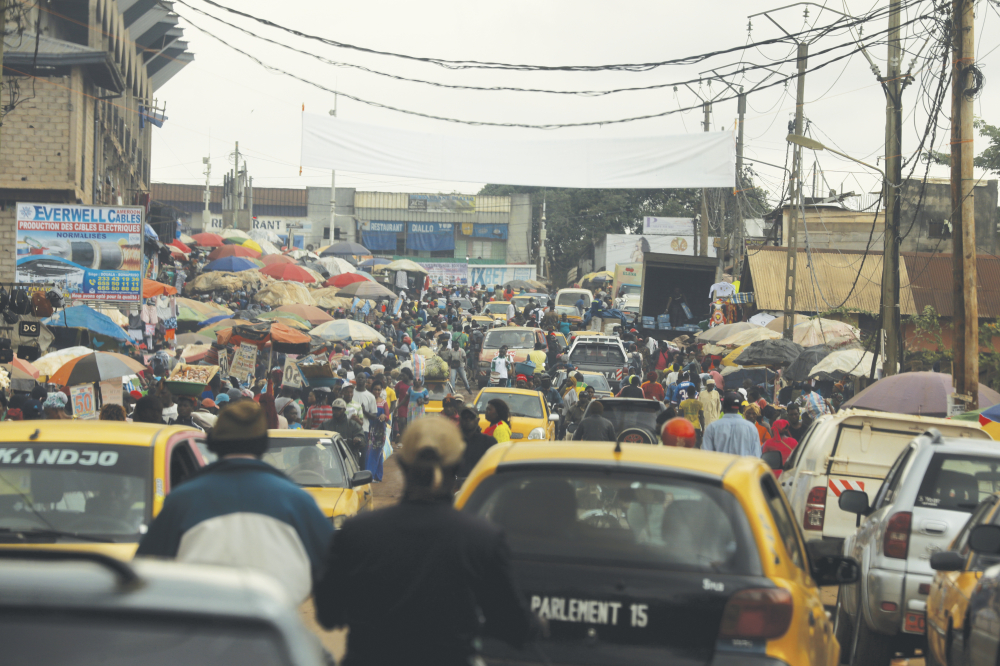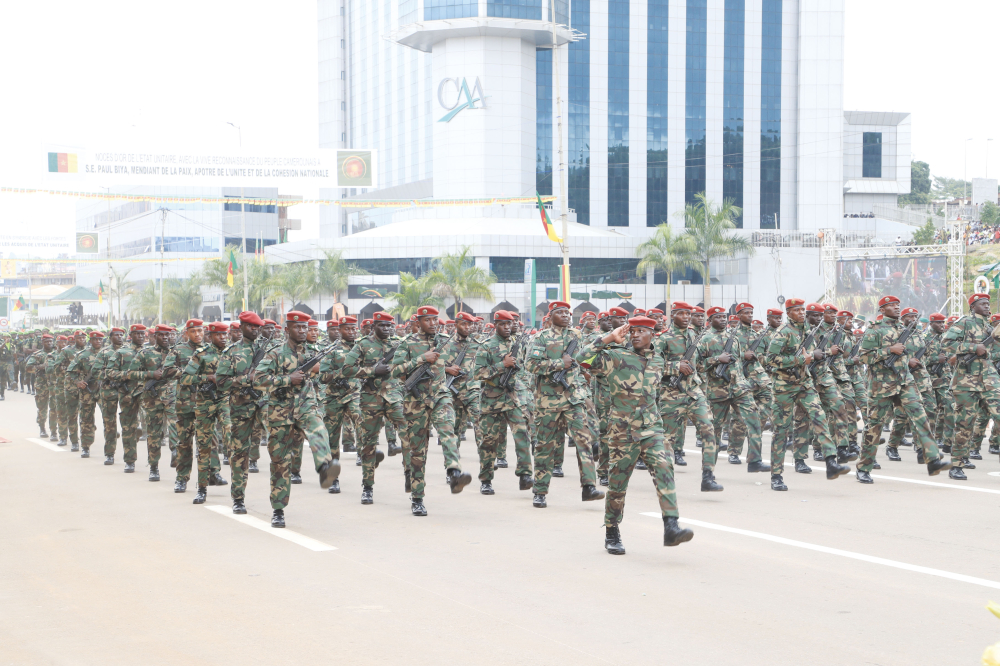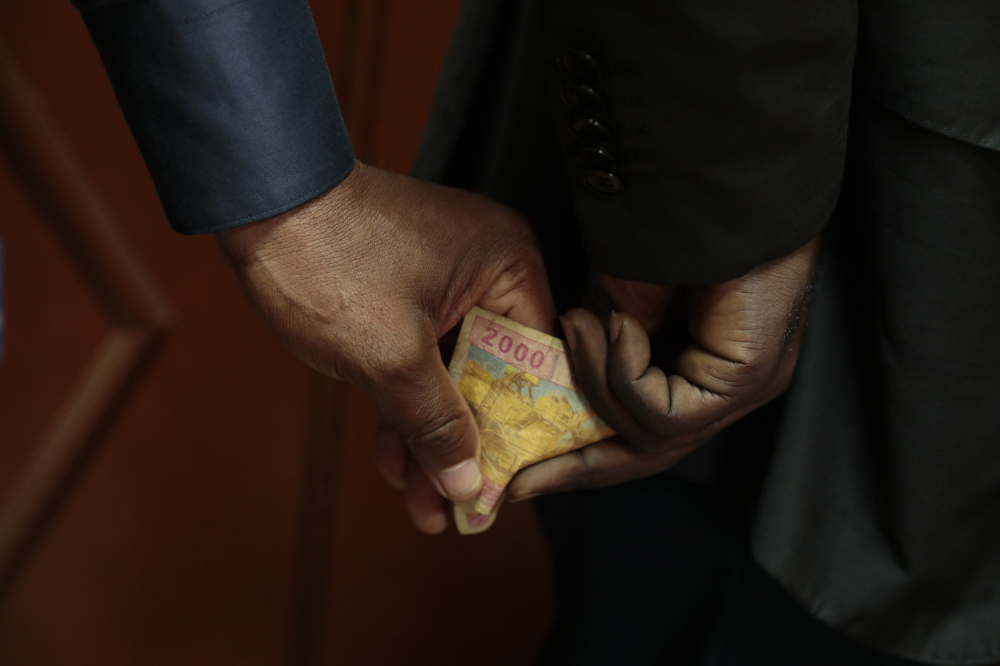Cameroon:Balancing Excessive Borrowing And Better Management
- by Isaac GENNA FORCHIE
- 08 Feb 2023 19:16
- 0 likes

While no nation, business or even an individual can live without having to borrow, there is a crucial need for officials to balance that borrowing with a better management of the said resources on the ground.
Bretton Woods Institutions like the International Monetary Fund (IMF) and the World Bank, as well as bodies like the African Development Bank, the Development Bank for Central Africa (BDEAC) primarily exist to provide funding to partners countries for development purposes.
Some of the funds are often grants while a majority are reimbursable, over a short, medium, or long term period.
Cameroon has embraced these openings and has secured huge amounts for its development purposes. Just this week, on Monday January 30, 2023, the Economy Minister, Alamine Ousmane Mey proceeded to sign three funding agreements with the French Development Agency (AFD). These agreements to fund development projects in the northern Regions take the AFD current portfolio to Cameroon to about FCFA 396.4 billion, with a majority of these being loans.
The International Monetary Fund (IMF) too, is a huge sponsor of projects in Cameroon. A number of projects, notably decentralisation and improved governance have been realised in Cameroon thanks to funding from the IMF. And that’s why just a two weeks ago, an IMF mission was here for the third review of Cameroon’s programme with the institution.
Apart from just providing loans and grants, the visiting delegation said their objective for Cameroon to increase growth - growth that is inclusive and resilient, and to create budget space for productive expenditures for the country and also social expenditures.
The World Bank has for instance provided a loan which Cameroon is using to construct the Babadjou – Bamanda road. A greater share of the Bamenda Ring Road project has been constructed with separate loan agreements contracted from the African Development Bank.
Loans and grants from these international bodies remain indispensable but what is more important is how well these resources are used. There have been reports of how billions of borrowed money designated for specific projects ended up in individual pockets.
Just recently, the IMF, the World Bank and even the African Development Bank pumped in at FCFA 1000 billion as funding for Cameroon’s Covid-19 response strategy. But it has been embarrassing to read about some shady deals and reports of how some of the money which could have been used to boost the health system even against future challenges was literally shared like cola nuts in a village yard gathering. Details of that are good for another commentary.
But what we think is that the time has come for project owners and executors, at both central and grassroots levels, to diligently manage all public resources, especially borrowed funds with fear and trembling. Anything less, the next generation of Cameroonians will be reimbursing money that would not have been used for development purposes but mismanaged.
No doubt, scholars define sustainable development as development which meets the needs of today’s generation, without jeopardising the ability of the future generation to meet theirs. Today’s managers, should therefore give a thought to what they would leave for posterity. Are they leaving behind both debts and perceptible development projects or plain debts with no realisation to show for?








Comments